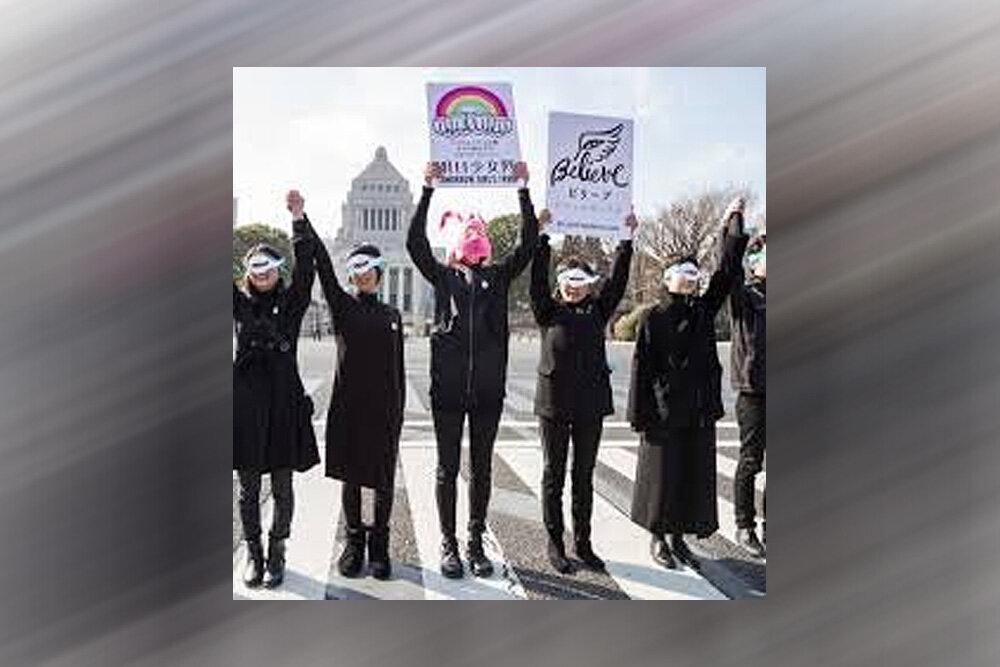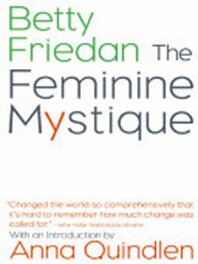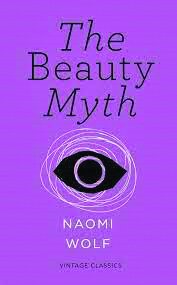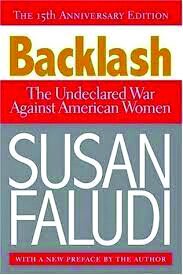Paradox of Feminism

The feminist movement aims to improve the conditions for women, yet only a minority of women in modern societies identify as feminists.
This is known as the paradox of feminism. So, who is feminism for? Isn't it time to question the goals of feminism? Some questions that arise include: Did women's full equality require the total destruction of the nuclear family? Did it necessitate a sexual revolution that would dismantle traditions of modesty, courtship, and fidelity that had characterized relations between the sexes for centuries? Did it cause the broken dating culture and the rape crisis on our college campuses? Did it lead to a war between the sexes that would deem men as the "enemy" of women? Have the strides of feminism made women happier in their home and work lives? The answer is no.
1. Betty Friedan

Biography: Betty Friedan was an American feminist writer and activist, and a leading figure in the women's movement in the United States during the 20th century. Her 1963 book, "The Feminine Mystique," is often credited with sparking the second wave of American feminism.
Introduction: "The Feminine Mystique" First published in 1963, "The Feminine Mystique" ignited a revolution that profoundly changed culture, consciousness, and lives. Today, it continues to penetrate to the heart of issues that determine and sound a call to arms against the very real dangers of a new feminine mystique in the economic and political turbulence of the 1990s.
2. Naomi wolf

Biography: Naomi Wolf played a leading role in so-called "third-wave" feminism and was an advocate of "power feminism," which holds that women must assert themselves politically to achieve their goals. She advised the presidential campaigns of Bill Clinton and Al Gore. Her books include The Beauty Myth, Fire With Fire, and The End of America.
Introduction: The Beauty Myth
In her 1991 book, The Beauty Myth, Naomi Wolf speaks about the obsession with physical perfection that traps modern women in an endless spiral of hope, self-consciousness, and self-hatred as they try to fulfill society's impossible definition of "flawless beauty." Wolf argues that beauty is the "last, best belief system that keeps male dominance intact." She exposes the relentless and insidious ideals of beauty that are used to undermine women, especially at a time when they are breaking barriers to succeed. These ideals of beauty — thin, fair, young, delicate — are taught to women every day in myriad ways, making it even harder to spot where they truly stem from: large industries in a capitalist system that profit from women's insecurities.
The book describes a set of punishing cultural practices that, she explains, were "designed" to oppress women newly liberated by second-wave feminism.
3. Susan Faludi

Biography: Susan Charlotte Faludi is an American feminist, journalist, and author. She won a Pulitzer Prize for Explanatory Journalism in 1991 and is known especially for her report on the leveraged buyout of Safeway Stores and for her exploration of the depiction of women by the news media.
Introduction: In her book preface, Faludi shows how creators of commercial culture distort feminist concepts to sell products while selling women short, how the feminist ethic of economic independence is twisted into the consumer ethic of buying power, and how the feminist quest for self-determination is warped into a self-centered quest for self-improvement. She observes that although legislators claim that women are so equal that we no longer need an equal rights amendment, the message that flashes behind the news celebrating the American woman’s victory is that although women may be free and equal now, they have never been more miserable. The New York Times reports that childless women are “depressed and confused”, Newsweek says that unwed women are “hysterical” and crumbling under a “profound crisis of confidence”, and health advice manuals inform us that high-powered career women are stricken with unprecedented outbreaks of “stress disorders”, hair loss, bad nerves, alcoholism, and even heart attacks. So, if the status of women has never been higher, why is their emotional state so low? If women got what they asked for, what could possibly be the matter now?
4. Jean Kilbourne

Biography: Jean Kilbourne is an American public speaker, writer, filmmaker, and activist known for her work on the portrayal of women in advertising and her critical studies of alcohol and tobacco advertising.
Introduction: Documentary series Killing Us Softly
This latest edition of Jean Kilbourne's influential and award-winning Killing Us Softly series addresses the objectification and sexualization of women in advertising. Kilbourne exposes how the advertising industry reinforces and glamorizes a regressive and degrading concept of femininity, using a broad range of contemporary print and television ads. She reveals a misogynistic fantasy world of undernourished, oversexualized, and objectified women, and explores these images against the backdrop of eating disorders, men's violence against women, and the political backlash against feminism. Provocative and inspiring, Killing Us Softly 4 challenges young people to question traditional gender norms and think critically about the fundamental relationship between representation and power.
Leave a Comment